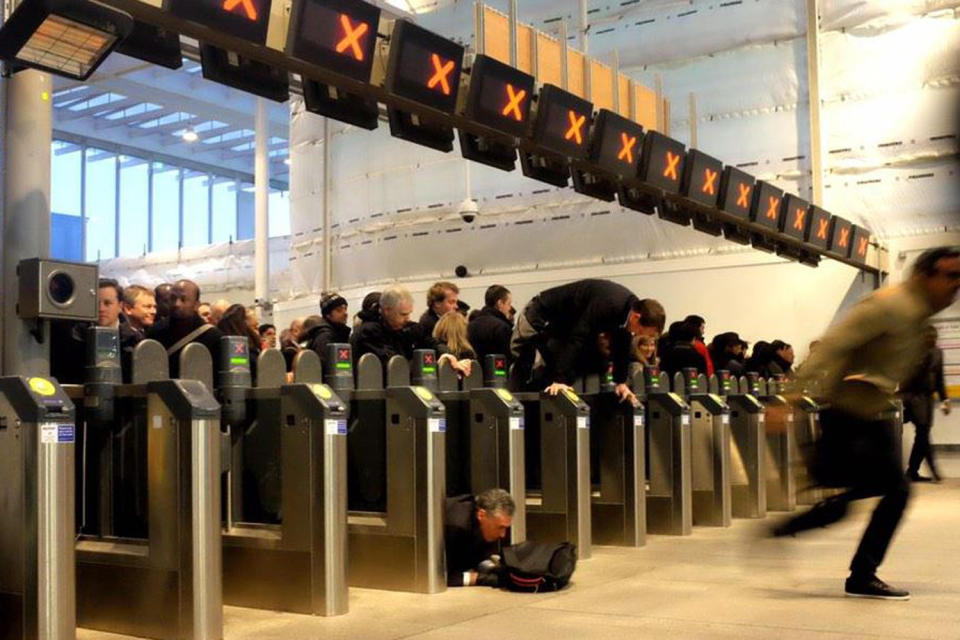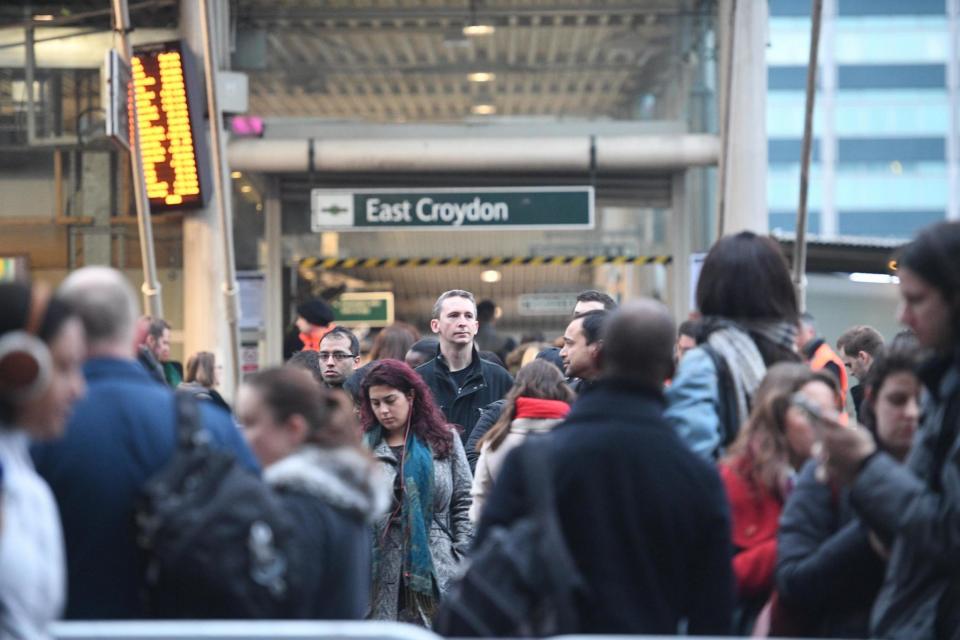Train companies are 'hiding compensation details from passengers', consumer group claims

Train companies are hiding details of how to claim compensation from passengers, a consumer rights group has claimed.
Rail operators have been accused of using terms and conditions as a “smokescreen” to stop delayed travellers claiming compensation.
Consumer magazine Which? said 17 out of 24 train companies were not providing enough information on passengers’ rights on their websites.
The information omits key details about passenger rights which are enshrined in the Consumer Rights Act, which came into force in the rail industry less than six months ago.

The act shook up compensation rules, allowing commuters to claim compensation if their trains were just a few minutes late.
It also meant rail users are entitled to claim for consequential losses, for example missed flights, taxi fares and child-minding fees, when a service is not provided with “reasonable care and skill”.
Which? said the National Rail Conditions of Travel undermine passenger rights by unlawfully limiting liability for train firms.
The group’s director of campaigns Vickie Sheriff said: "It's now six months since the Consumer Rights Act came into force in the rail industry but train companies are acting as if they are above the law and this is going unchallenged.

"Passengers have rights and must be aware of what they can claim for when they have a problem with their service. Train companies urgently need to address the misleading information they're providing on their websites and comply fully with the law."
But a spokesman for the Rail Delivery Group, representing train operators, said: "Which? is wrong, train companies are not breaking any laws.
"Train companies' compensation arrangements already go beyond what is required under consumer law, and customers are getting an even better deal with new improved rights.
"Customers are clearly advised of their rights to money back. All train companies comply with the Consumer Rights Act and display the National Rail Conditions of Travel - which are approved by the Government - on their websites.
"Train companies will always consider reasonable claims for consequential loss where appropriate."
The latest bi-annual National Rail Passenger Survey by Transport Focus in autumn last year revealed that just 81 per cent of passengers are satisfied with Britain's railways, a figure which has not been lower since spring 2007.
A Department for Transport spokeswoman said: "We expect operators to make passengers aware of their rights to claim compensation and will continue to work with train operators to improve their schemes and provide clearer information on their websites."

 Yahoo Finance
Yahoo Finance 